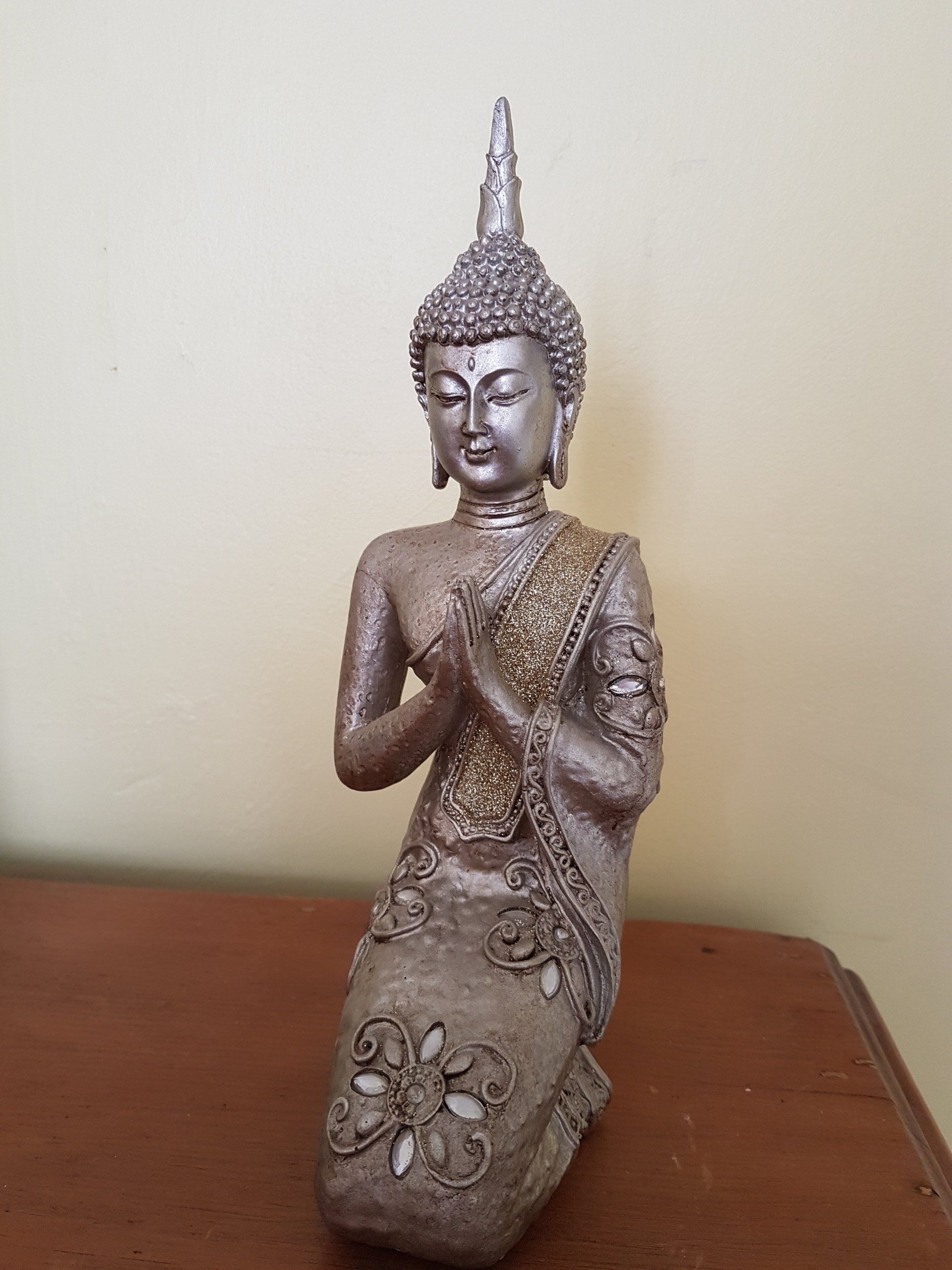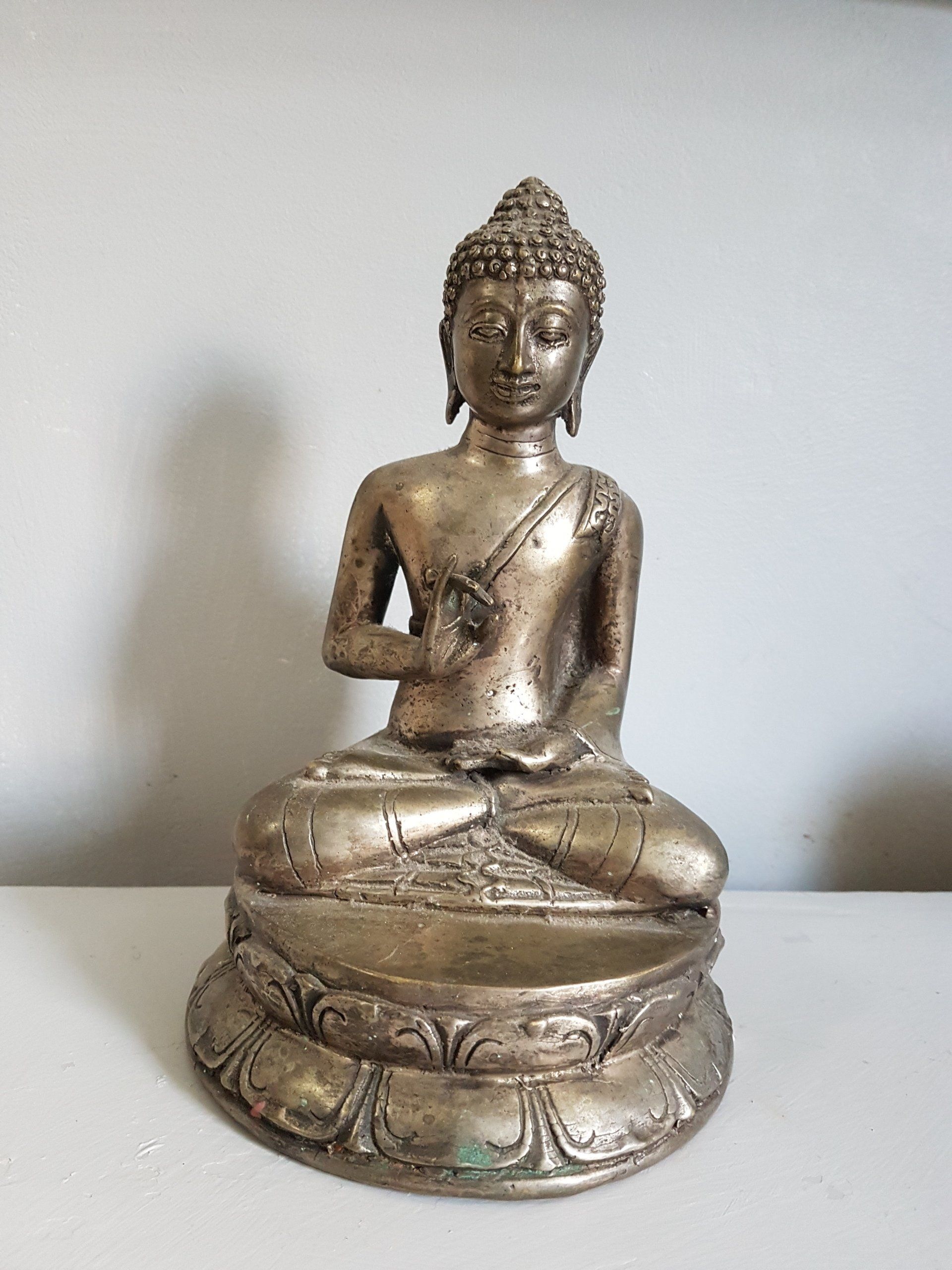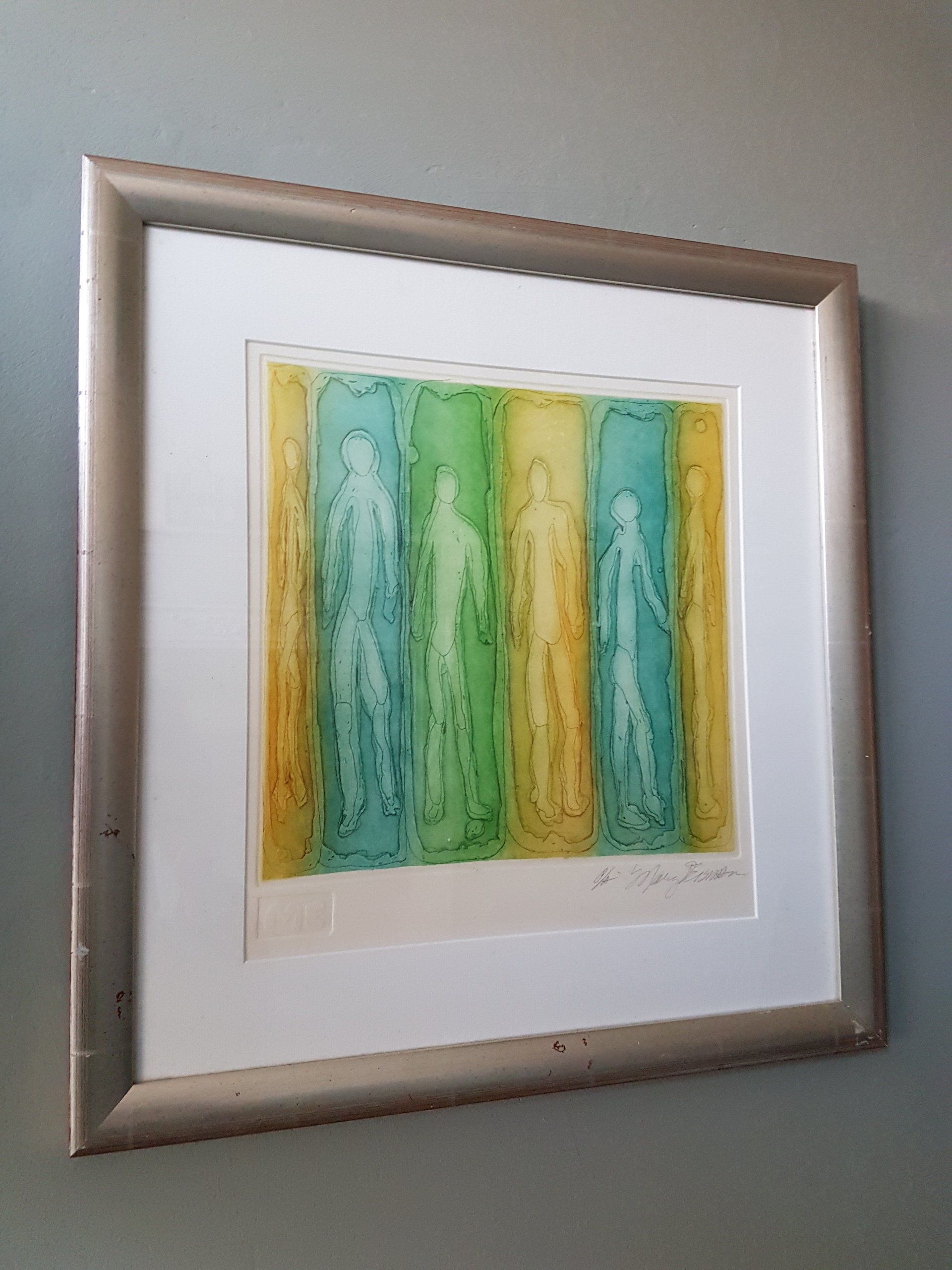Couples and Relationship Counselling
Couples and Relationship Counselling
To find out more about couples counselling telephone
(+44) 08454670612 or
(+44) 07593809574 or
email us
To find out more about couples counselling telephone
(+44) 08454670612 or
(+44) 07593809574 or
email us
In couples counselling, also known as marriage guidance counselling and relationship counselling, the counsellor aims to give both you and your partner equal time and attention. This helps you each to get your side of the story across, without interruptions or rows.
Change is always a 'Challenge'
Change is always a 'Challenge'
Съвети за двойки и отношения могат да бъдат полезни, дори ако партньорът ви не иска да ходи
Should you and your partner go to Couples or Relationship Counselling
Making the choice to go to couples or relationship counselling can feel like a big step for most people. It involves one or bah of you admitting that things are not perfect in your relationship.
To help demystify the process, some common issues that indicate that a couple could potentially benefit from seeing someone are listed below. These are:
1. Trust has been broken.
One of the most common reasons for seeking couples therapy is the need for help in overcoming a major breach of trust. Perhaps it was infidelity in the form of an affair, or one partner has found at the other has said a series of lies or deception. Or, it has come to light that one partner has an addiction, such as gambling, or there are serious financial issues withing the relationship. In any case, the rebuilding of the foundation of trust can often be helped by establishing a forum in which both parties are free to express their vulnerability.
2. Arguments are getting more frequent.
Have you noticed that you relationship has started to feel more conflict-oriented? Maybe these are simple ‘snapping’ at each other, or snidey bickering or even regular "small" arguments, or maybe the arguments and blowouts are huge and leaving a lot of upset or heartache. Either way, it's the pattern of the increase that is important, as it could indicate significant problems under the surface that aren't really being dealt with the relationship.
3. Communication is poor.
It is not uncommon for one or both partners to misunderstood or even ignored in the relationship. Or that things have got to a place where they no longer feel they know what is going on for their partner anymore because they don’t tell them.
One of the most tangible outcomes of couples and relationship counselling is an increase in communication between a couple, and a major improvement in its overall quality. A skilled counsellor at Tower Counselling can equip you with tools that will help you connect, hear, and understand each other much better on a daily basis.
4. Something just feels wrong between the two of you, but you're not sure what or why.
Just as with individual therapy, sometimes couples therapy is useful not only for solving problems, but also for identifying what the actual problem is. For example, something in the dynamic of your relationship has changed, but you just can’t put your finger on it. This may be leading you to start to feel fearful or uncomfortable about the relationship or even resentful of your partner.
These thoughts or feeling are often early signs that interactions are turning unhealthy or dysfunctional between the two of you. It is important to say that this does not necessarily mean that one person is to blame, but rather that the relationship itself could use a tune-up, and communication could be improved with the help of a counsellor.
5. There is something you want your partner to know, but you've been unable to tell them.
It is often said that sometimes the beauty of therapy starts with the room itself. This is because the impartiality of the therapy room can become a safe and supportive place for you to bring up things that are difficult to talk about at home. A trained relationship and couples counsellor can help you overcome your fears of sharing something with your partner.
6. One or both of you becomes dysfunctional during a conflict.
It is known that how a couple handles conflict is one of the best predictors of whether their relationship will go the distance. If you or your partner shuts down, lashes out, or gets vengeful becomes passive-aggressive or constantly storms off you the conflict is never resolved, can be an indication of dysfunctional behaviour. When this happens the conflict between the two of you never gets truly resolved, people are not heard or understood. This will simply result in things never being dealt with and things constantly become worse.
7. You have gone through something devastating that is changing the way you connect with each other.
Sometimes the cruel reality of a setback in life is that it's not just the setback itself that hurts, but also the effect it has on a relationship. Sometimes, it's long-term unemployment, a health crisis, a bereavement, or turmoil within one of the partner's families of origin that places a relationship under considerable stress and strain.
Couples counselling will help keep your bond strong in your relationship can only serve to unite you and give you additional strength to weather the storm that's come.
8. You feel stuck in bad patterns.
Many couples feel that day to day life take over and that life itself becomes a series of patterns. Like the old saying ‘ground hog day’. Couples counselling can help you find ways and strategies to keep your relationship alive and vibrant.
9. Emotional intimacy is gone or deeply diminished.
It is often said that many couples who have spent a long time together feel like that the "spark" is gone, and that they feel more life friends or just ‘parents’. Sometimes this is just because the grind of daily life or the demands of children has begun to eclipse the ability to connect, and it's simply a matter of re-prioritising. Other times, it can be more insidious and represent two partners who have quietly been growing apart, have been changing in incompatible ways for a long period, or have even learned to get their needs met elsewhere.
10. Physical intimacy has become a problem.
Sexual issues can be both a symptom and a cause of problems within a relationship. Which means it often becomes the forefront of a couple's day-to-day complaints ad difficulties within their relationship.
Sometimes the change is obvious, concerning and frustrating. A couple can go from frequent physical intimacy to almost none. Where as, for others it is a gradual decline from being fulfilled by each other sexually to barely being satisfied due to months passing between physical intimacy. Sometimes there is more overt conflict, with one partner expressing frustration, a partner constantly being rejected, or sex being used as a bargaining or power tool.
Whatever the issue you and your partner we can help you work through it.














